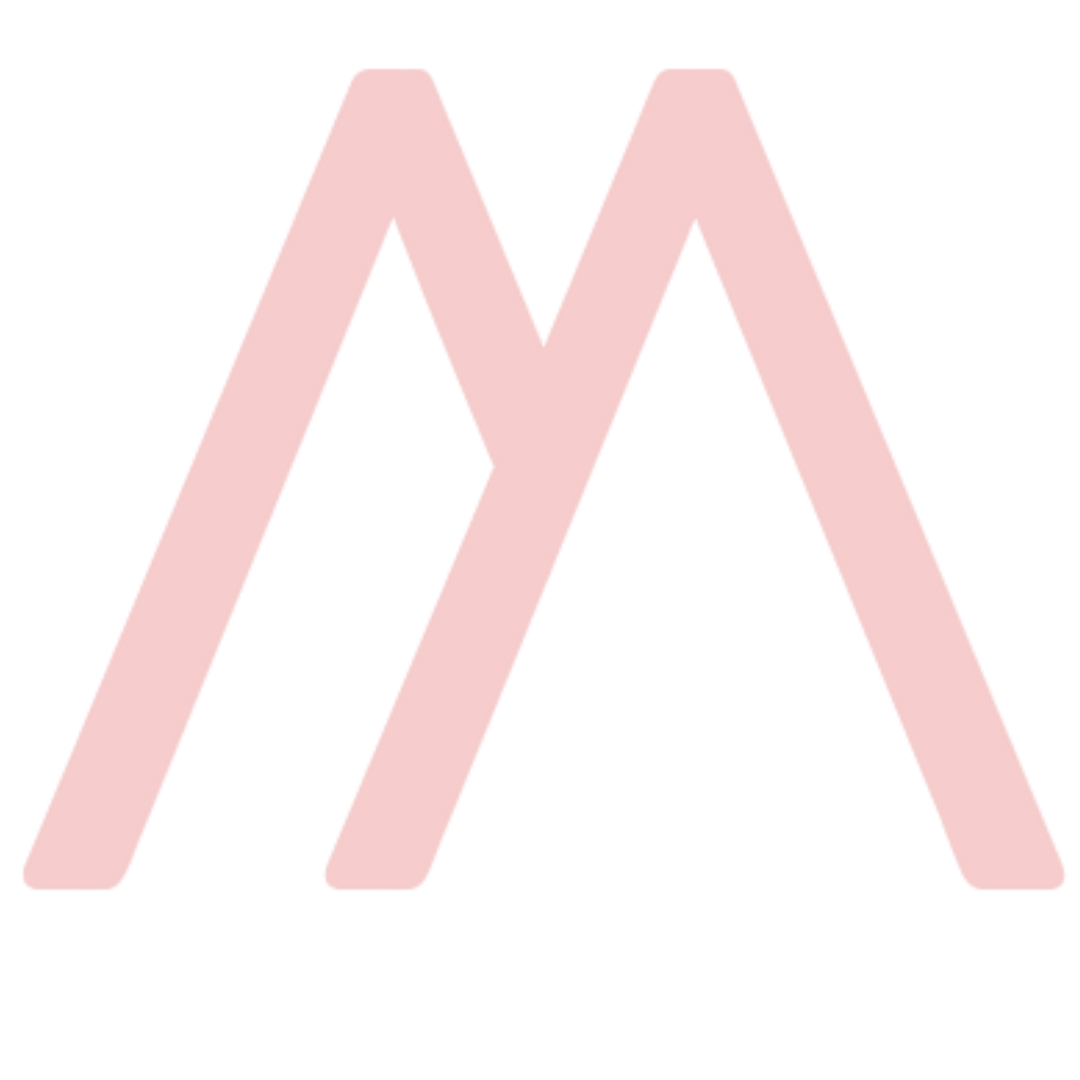If your beard has you scratching like you’re signaling Morse code, you’re not alone. Beard itch and beard dandruff—also known as “beardruff”—are common problems that hit every bearded man at some point. The good news? You don’t need chemical-laden products to fix it. With a few small changes to your grooming routine and the right natural ingredients, you can keep your beard itch-free, flake-free, and looking its best.
Why Beard Itch Happens
Beard itch starts in the skin underneath. As your beard grows, hair wicks moisture away from your skin, and without proper hydration, it can dry out and become irritated. Other causes include:
-
Harsh cleansing products: Regular shampoos strip away natural oils.
-
Cold or dry weather: Winter air pulls moisture from both skin and hair.
-
New beard growth: Freshly trimmed hairs can have sharp edges that poke and irritate skin.
-
Neglecting skin care: Dead skin cells build up under your beard, causing dryness and flakes.
How Beardruff Develops
Beardruff is just dandruff that lives in your beard instead of your scalp. Dryness, irritation, and fungal buildup (yes, really) can all contribute. It’s not just a cosmetic issue—flakes often mean your skin barrier is damaged and needs extra care.
Why Chemicals Make It Worse
It’s tempting to grab an anti-dandruff shampoo or a heavily scented beard spray, but many of these products contain sulfates, parabens, and synthetic fragrances. These can strip natural oils, irritate the skin further, and lead to even more itching over time.
The Natural Fix: Hydration + Nourishment
Stopping beard itch and beardruff comes down to two things: keeping your beard hydrated and your skin nourished. That’s where natural oils come in.
Argan Oil – The Hydration Hero
Known as “liquid gold,” argan oil is loaded with vitamin E, fatty acids, and antioxidants. It penetrates hair and skin, locking in moisture without leaving a greasy residue.
Rosemary Oil – The Growth Supporter
Rosemary oil helps boost circulation to hair follicles, which can improve beard health and encourage stronger growth. It’s also naturally antimicrobial, which helps keep the skin under your beard clear and balanced.
When combined, these two oils create a powerhouse blend that softens hair, reduces irritation, and keeps your skin flake-free.
How to Use Beard Oil to Stop Itch & Beardruff
Consistency is key. Here’s a simple daily routine:
-
Wash your beard gently
Use a sulfate-free beard wash 2–3 times a week. On other days, rinse with lukewarm water to remove dirt and sweat. -
Dry without damage
Pat your beard dry with a towel instead of rubbing aggressively. -
Apply beard oil daily
After your beard is dry, place 3–5 drops of beard oil in your palm, rub hands together, and massage into your beard and the skin beneath. -
Comb through
Use a wide-tooth comb or beard brush to distribute the oil evenly and train your beard to grow in the desired direction.
Why Choose a Natural Blend
Not all beard oils are created equal. Look for a formula that’s 100% natural, free from mineral oils, silicones, and artificial fragrances. Mokko Organic Argan & Rosemary Beard Oil combines hydration from argan oil with growth support from rosemary oil, plus a subtle vanilla scent—no harsh chemicals, no synthetic smells.
Preventing Beard Itch in the Long Run
Once you’ve gotten rid of itch and flakes, keep your beard in top shape by:
-
Drinking enough water every day
-
Eating a nutrient-rich diet with healthy fats and proteins
-
Protecting your beard from extreme cold or heat
-
Sticking to your grooming routine year-round
FAQs About Beard Itch and Beardruff
Q1: How long does it take for beard oil to stop itching?
Most men notice relief within a few days of daily use, but for severe dryness, it can take 1–2 weeks of consistent application.
Q2: Can beard oil help with patchy spots?
Beard oil can make hair healthier and stronger, which helps patchy areas look fuller. Rosemary oil may also help stimulate dormant follicles over time.
Q3: Is beardruff the same as dandruff on the scalp?
Yes, the causes are similar—dryness, irritation, and sometimes fungal growth—but beardruff needs targeted care because facial skin is more sensitive than scalp skin.
Conclusion:
Beard itch and beardruff are signs your beard needs better care, not a reason to shave it off. By switching to a natural routine with hydrating oils like argan and rosemary, you can banish flakes, soothe irritation, and keep your beard looking and feeling its best—naturally.








